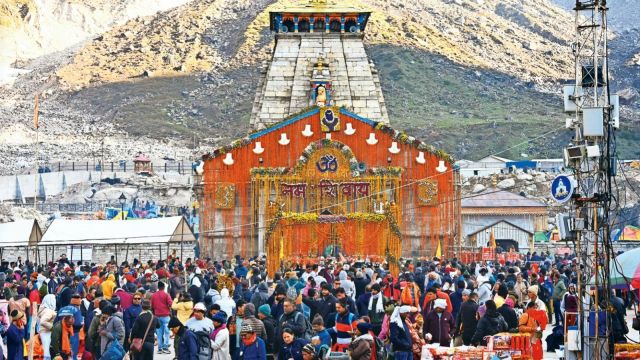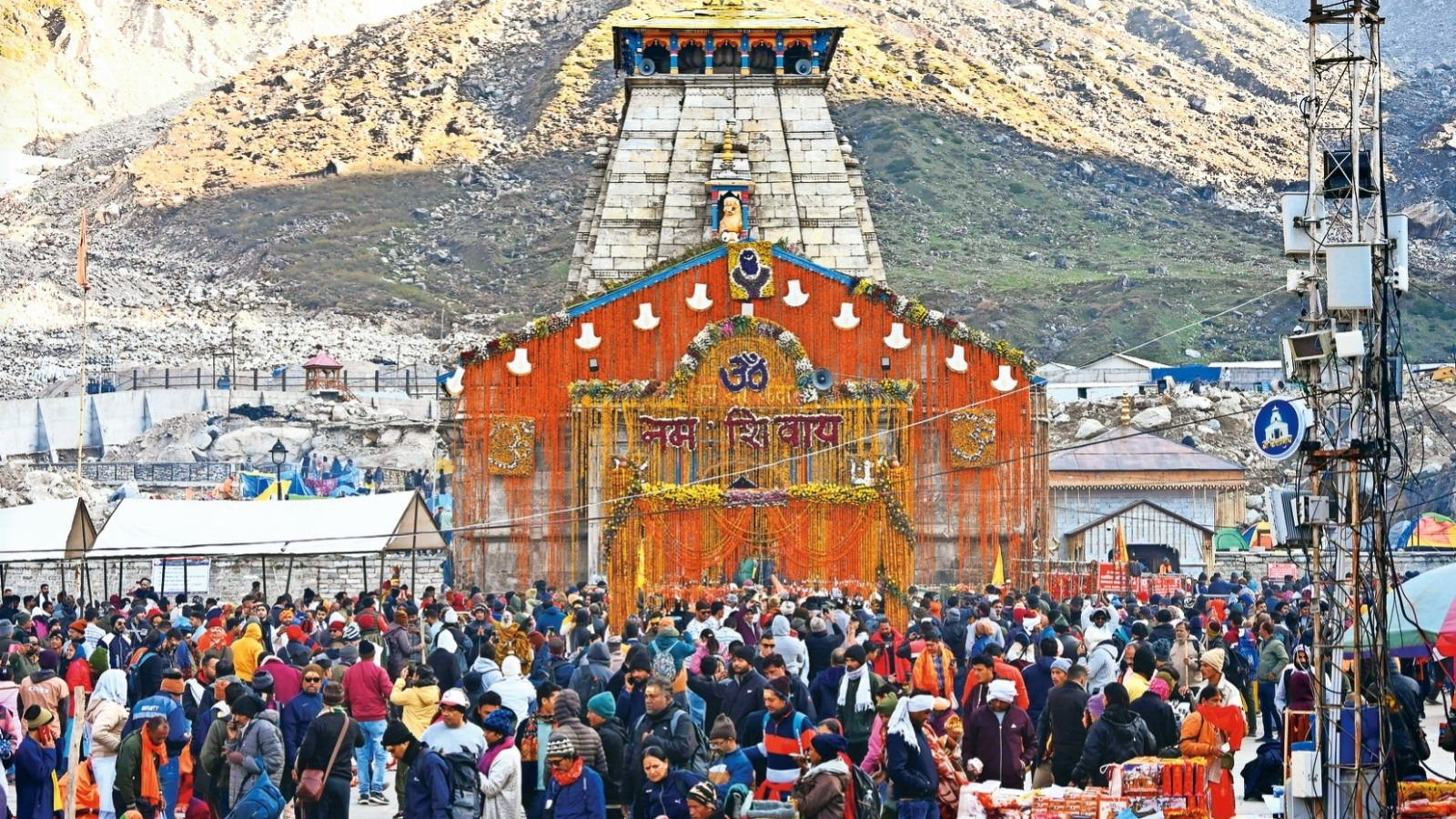

Feb 9, 2025 08:24 IST First published on: Feb 9, 2025 at 07:26 IST
The Supreme Court recently expressed displeasure at the culture of “VIP darshans” in temples, but declined to act on a plea seeking an end to the practice. The petitioner contended that special treatment is discriminatory towards devotees who can’t afford VIP entry, thereby violating the principles of equality under Article 14 of the Constitution. Saying it was a policy matter for the government to act upon, Justices Sanjiv Khanna and S C Sharma clarified that “dismissal of the petition will not bar the appropriate authorities from taking action as they require”. For some perspective, charging Rs 300 for VVIP and VIP darshan last year earned the Badrinath Kedarnath Temple Committee over Rs 1.5 crore in mere months.
Personally, I break out into hives when someone cuts me in a line or at a traffic light; I have yet to develop the equanimity necessary to survive in Delhi, to not let daily, trivial irritants raise my blood pressure. On a visit to the Golden Temple many years ago, I noticed, nobody in a serpentine queue reacted negatively to VIPs whizzing past. Those days, I doubt there was an extra charge but the great Indian “jugaad” system ensured the connected could worm their way forward. Clearly, the ordinary, devout Indian, bruised and battered by life, philosophically accepts that even in front of the deity, not everyone is equal. Class distinction in a house of worship runs contradictory to what every religion preaches, best articulated in the Biblical proverb, ‘The rich and poor have this in common: The Lord made them both’.
Story continues below this ad
The cynical view of paying to skip the line is that faith, too, ultimately depends on mundane realities — as long as the chore of waiting is taken care of — piety is possible. But someone truly pious wouldn’t be disheartened by a queue. His wife’s name is Posh, but footballer David Beckham waited 12 hours in line to pay his respects to the late Queen Elizabeth. Reason? His adoration was heartfelt. Beckham described it as a wonderful shared experience with fellow citizens to celebrate the amazing life of a beloved monarch. Similarly, it’s not just the supernatural aura or the promise of solace inside temples that’s attractive to worshippers. The atmosphere within, of idols, candles and hushed tones promotes human kinship, a feeling of belonging to a like-minded community. These are rare, surreal moments when we feel kindly towards strangers. A temple is a serious place built on meaningful grounds where, albeit briefly, everyone is united by sobering thoughts of our inherent fragility. Nothing good can come by creating artificial barriers between people based on their ability to pay.
Of course, in all aspects, life is heavily tiered. We pay extra for business class air tickets, excess baggage and lightning-fast deliveries. The long standing ethic of the queue, first-come, first-served is increasingly ignored — today’s logic is you get what you pay for. Want more? Pay more. But where does this leave people of meagre means? Stuck, permanently, at the back of the line. Such is life. We may shrug our shoulders and say nothing is sacred anymore but turning worship into a commodity like any other diminishes its significance. It was the last, great, equaliser.
Perhaps, crowd management at historic temples requires innovative solutions and a fee structure but it’s interesting to note newer temples eschew the paid model. Every Monday, half of Delhi descends to Bade Mandir in the Bhatti Mines area that came up in the 1990s. There is one queue and the rules are to maintain silence, quietly accept the prasad and on langar days, to share one thali with four unknowns. The spiritual ambience aside, it’s awe inspiring for the grace with which people conduct themselves here. The mandate in Scripture, love thy stranger, occasionally feels true.
The writer is director, Hutkay Films


